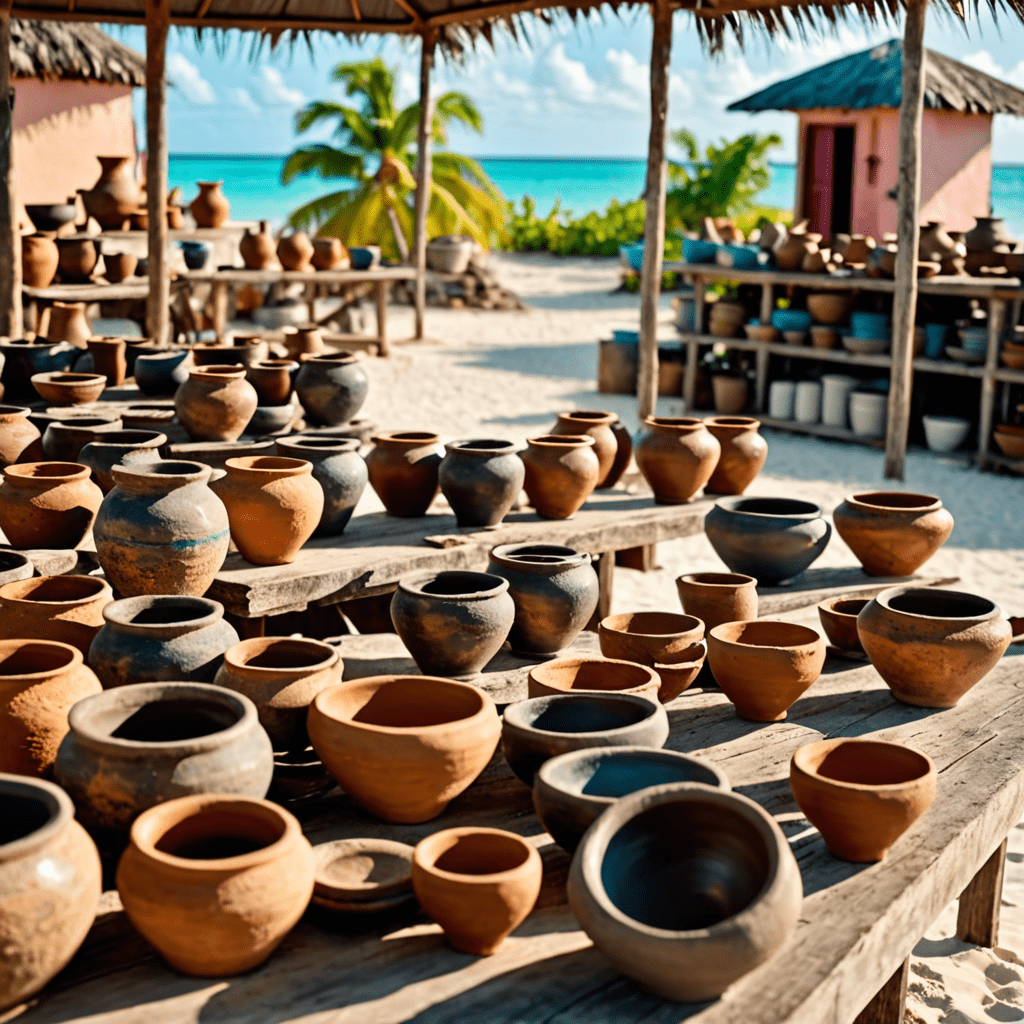Traditional Folklore of Bangladesh
Introduction
Folklore embodies the cultural heritage of a community, encompassing the collective experiences, beliefs, and traditions passed down through generations. In Bangladesh, folklore holds immense significance, reflecting the nation's rich history, diverse ethnicities, and vibrant customs. Preserving and understanding folklore is crucial for comprehending the essence of Bangladeshi society.
Types of Folklore
Bangladeshi folklore encompasses a wide range of expressions, both oral and non-oral. Oral traditions include folktales, legends, songs, and proverbs that are passed down through storytelling and singing. Non-oral traditions manifest in dance forms, drama, crafts, and customs, embodying the artistic and cultural heritage of the people.
Folktales and Legends
Folktales and legends constitute a vast repertoire of traditional narratives in Bangladesh. Folktales often feature mythical characters, magical elements, and moral lessons, while legends are based on historical events or local beliefs. These stories play a pivotal role in shaping cultural identity and transmitting cultural values and traditions.
Folk Songs
Folk songs form an integral part of Bangladeshi folklore, reflecting the country's diverse ethnic and regional traditions. Bhatiali, Baul, and Murshidi songs are just a few examples of the many genres that embody the musical heritage of Bangladesh. Folk songs are often used in social gatherings, religious rituals, and other cultural events.
Proverbs and Sayings
Proverbs and sayings are concise phrases that express traditional wisdom and cultural values. They offer insights into the collective experiences and beliefs of the Bangladeshi people. Collections of proverbs and sayings provide valuable resources for understanding the nation's cultural landscape and the beliefs and values that shape its society.
Traditional Dance Forms
Traditional dance forms hold a prominent place in Bangladeshi folklore. Jatra, a form of folk theater, features lively performances accompanied by music and colorful costumes. Puppetry, with its intricate marionettes, also showcases the artistry and storytelling prowess of Bangladeshi culture.
Traditional Crafts
Bangladeshi crafts encompass a rich variety of techniques and materials. Nakshi Kantha, intricate embroidered quilts, are a testament to the skill and creativity of Bangladeshi women. Pottery, with its distinctive designs and functionality, reflects the region's artistic heritage. Weaving, using natural fibers like jute and cotton, produces exquisite textiles that are both aesthetically pleasing and practical.
Customs and Rituals
Customs and rituals are integral to the social fabric of Bangladeshi society. Birth, marriage, and death rituals hold immense significance, imbued with cultural beliefs and practices. Seasonal festivals, such as Pahela Baishakh (Bengali New Year) and Eid, are vibrant celebrations that bring communities together.
Folklore in Modern Society
Preserving and revitalizing traditional folklore is essential for Bangladesh's cultural identity. Efforts are underway to document and revive folk traditions, ensuring their transmission to future generations. Contemporary art and literature draw inspiration from folklore, showcasing its enduring relevance in modern society.
Conclusion
Traditional folklore is the beating heart of Bangladeshi culture, reflecting the nation's rich history, diverse traditions, and artistic prowess. Preserving and appreciating this invaluable heritage is paramount for maintaining cultural identity and fostering a deep connection to the past.
FAQ
What is the significance of folklore in Bangladesh?
Folklore in Bangladesh holds immense cultural significance, embodying the collective experiences, beliefs, and traditions of the nation. It provides insights into the history, values, and artistic expressions of the Bangladeshi people.
What are the different types of folklore found in Bangladesh?
Bangladeshi folklore encompasses various forms, including oral traditions (folktales, legends, songs, proverbs), non-oral traditions (dance, drama, crafts, customs), and a wealth of customs and rituals.
How do folktales and legends contribute to cultural identity?
Folktales and legends play a crucial role in shaping cultural identity by conveying moral lessons, reflecting cultural values, and transmitting historical narratives that bind communities together.
What is the role of folk songs in Bangladeshi society?
Folk songs hold great importance in Bangladesh, serving as a means of cultural expression, entertainment, and social bonding. They are commonly performed at gatherings, religious rituals, and festivals.


